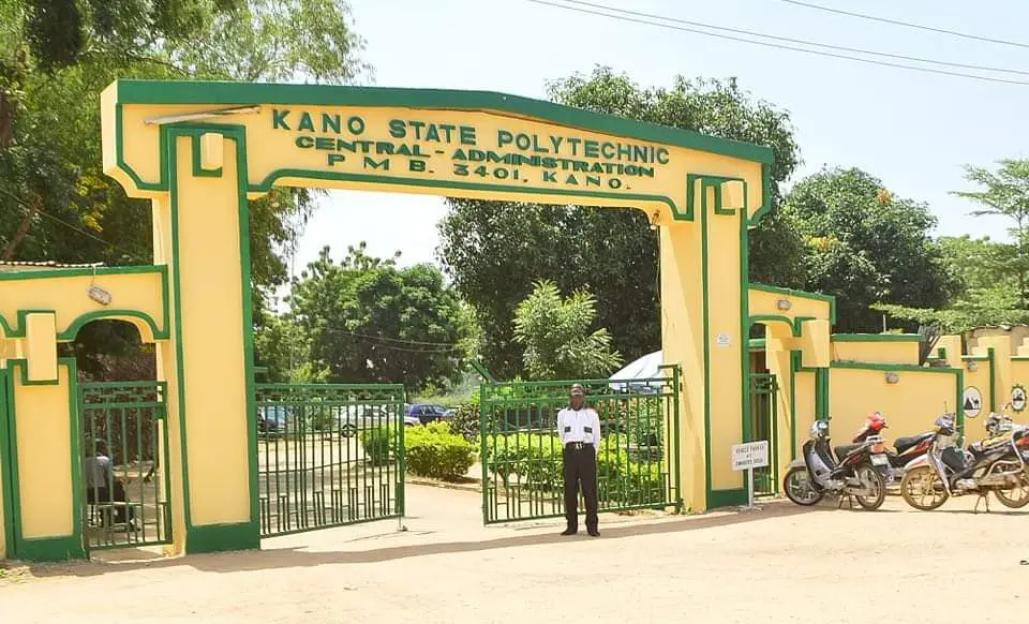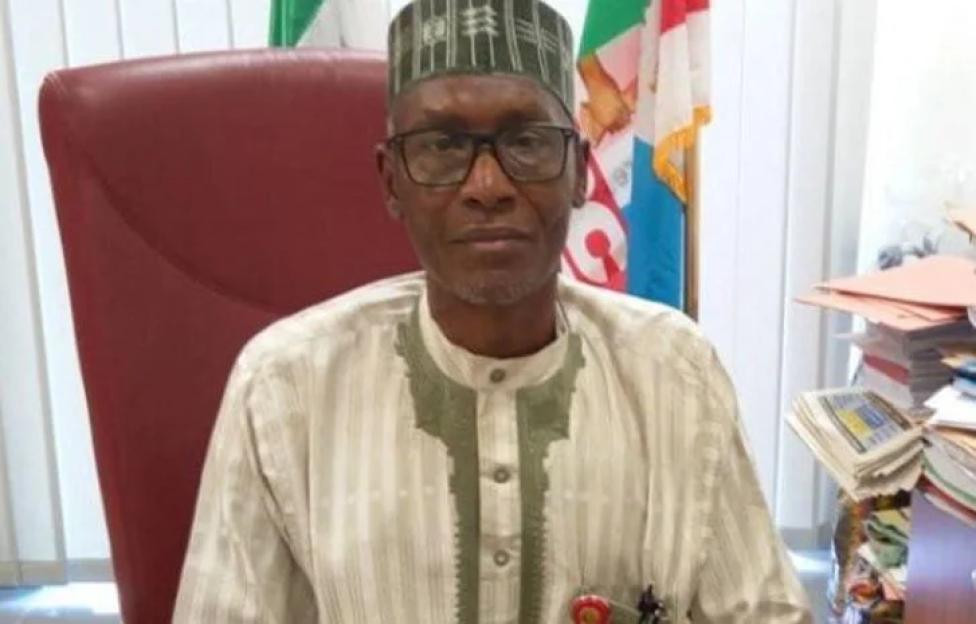The Nigerians in Diaspora Monitoring Group, NDMG, has said the renewed defence cooperation between Nigeria and India offers a realistic roadmap to closing critical gaps in the country’s security architecture.
The group noted that the agreement, which covers counter-terrorism training, maritime patrol cooperation, joint research and development, and investment in local defence manufacturing, is a “practical tool” for tackling the nation’s security challenges.
In a statement on Thursday, NDMG President, Prince Maduka Ezeagu, described the four-day visit of the Minister of State for Defence, Dr. Bello Mohammed Matawalle, to India as “a turning point” for Nigeria’s military capacity-building efforts.
“This is not just diplomacy for the cameras. It is a targeted response to the realities on the ground, from insurgency in the North-East to banditry in the North-West, piracy in the Gulf of Guinea, and emerging cyber threats,” he said.
Ezeagu explained that India’s proven track record in producing affordable, terrain-suitable military hardware, such as light combat aircraft, patrol vessels, and surveillance systems, could give Nigeria a strategic advantage in responding to both conventional and unconventional threats.
He added that with the federal government’s renewed focus on local production, the pact could fast-track the country’s self-reliance in defence technology within a decade, reducing dependence on foreign arms imports.
“The India–Nigeria talks have the potential to improve our forces’ response time, enhance intelligence gathering, and boost deterrence capacity. This is the kind of forward-thinking engagement that can modernise our Armed Forces and strengthen national security,” Ezeagu said.
The group urged the Defence Ministry to put in place a joint monitoring framework with India to track timelines and deliverables, and to involve Nigerian universities, research centres, and local manufacturers in the R&D component to ensure knowledge transfer.
NDMG commended President Bola Ahmed Tinubu for giving the Defence Ministry “both the political backing and operational flexibility” to pursue high-value global engagements, adding that Nigerians in the diaspora expect “swift, transparent follow-up” that translates into tangible improvements in security across the country.







